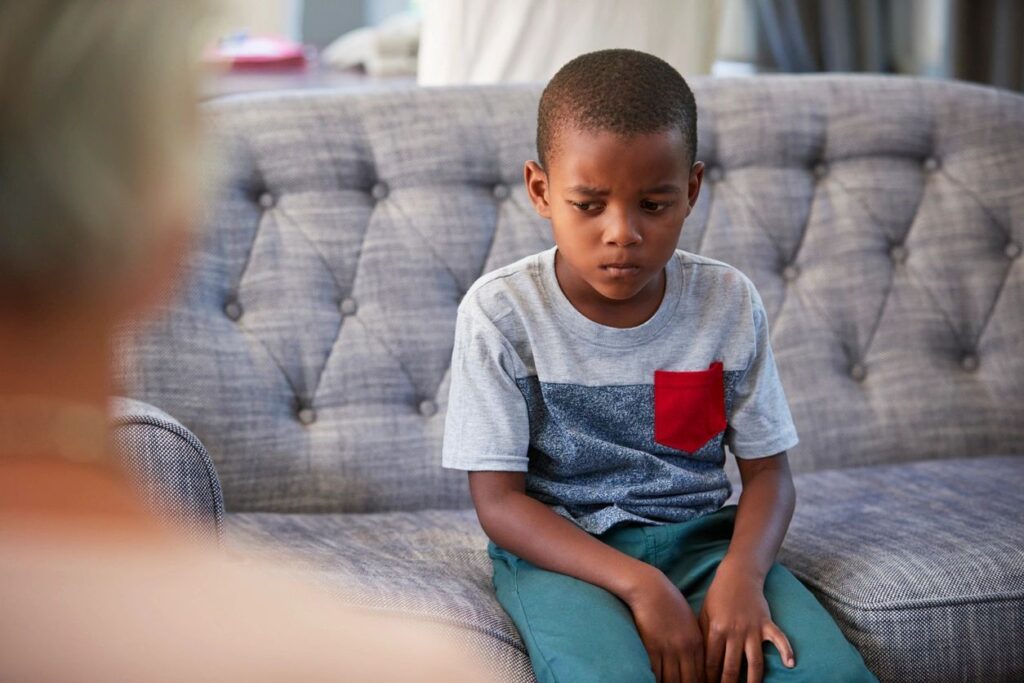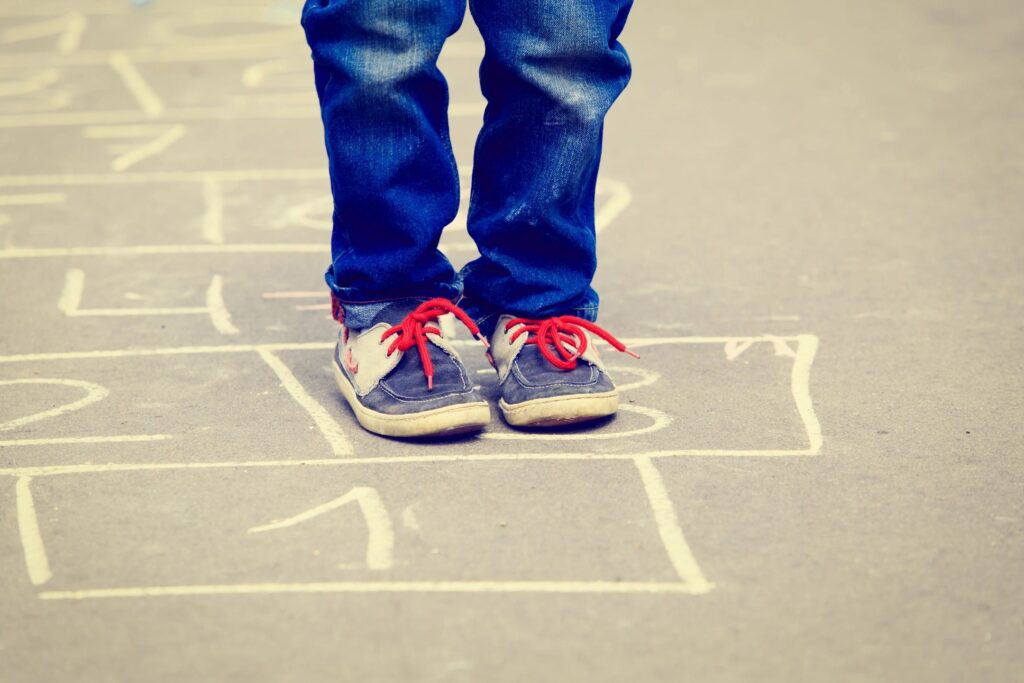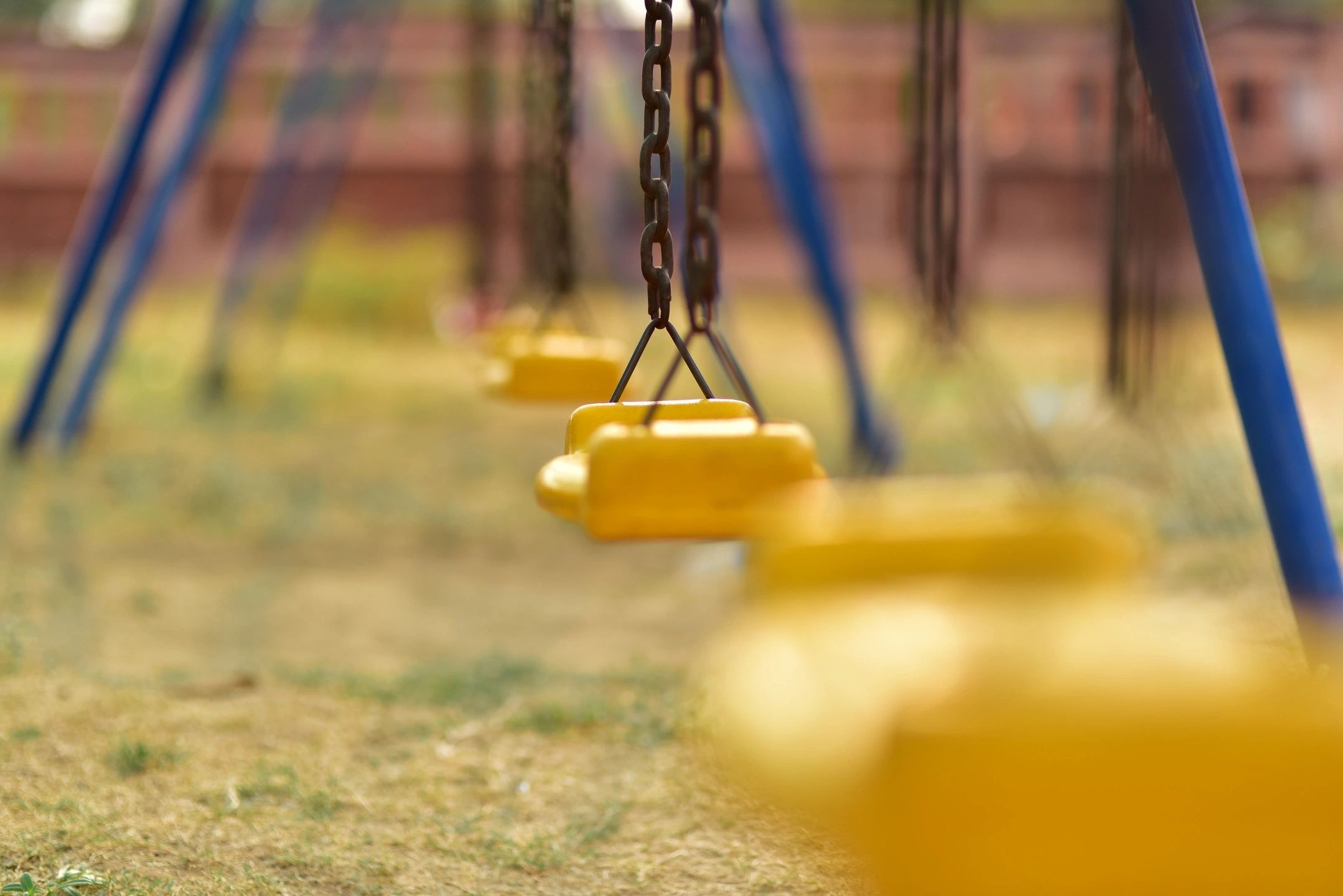According to UNICEF’s 2021 article[1], more than 1 in 7 adolescents aged 10 to 19 are estimated to live with a diagnosed mental disorder globally. Almost 46,000 adolescents die from suicide annually. Thus making it among the top five causes of death for this age group. In the wake of COVID-19, children have lost time away from family, friends, classrooms, and play. They have also lost loved ones due to pandemic-related illness. In truth, this has negatively impacted their mental health.
Indeed, according to an international poll conducted by UNICEF and Gallup in 2021, 1 in 5 individuals aged 15 to 24 years reported they often felt depressed or had little interest in doing things. Depression is but one potential mental health condition that may be exacerbated by the COVID-19 pandemic.
Other challenges children and adolescents face do to Covid-19 include[2]:
- Missed significant life events
- Celebrations, vacations, milestone life events
- Loss of security and safety
- Housing and food insecurity, threat of illness, uncertainty of future
- Changes in routines
- Having to physically distance from family, friends, worship community
- Breaks in continuity of health care
- Limited access to mental, speech, and occupational health services
- Breaks in continuity of learning

It is important that parents recognize as well as address fear and stress in their children. Some signs, in particular, may include excessive worry or sadness. Additionally, you may also notice difficulty with attention, concentration, and disturbed sleeping or eating habits. Children may be particularly worried about getting sick with COVID-19 and about their loved ones getting sick, too. In addition, their increased online activity puts them at risk of online harms, such as cyberbullying, online risk-taking behavior, online sexual exploitation, and exposure to potentially harmful content.
The following steps may offer stability and support to children during this difficult time2:

- Give honest and accurate information
- Teach simple steps to stay healthy
- Maintain a normal routine
- Talk, listen, and encourage expression
- Be alert for any change in behavior
- Reassure them about their safety and well-being
Jones-Wood Psychological Associates, Inc., indeed, has many clinicians that specialize in treating children and adolescents. These providers are highly skilled at treating childhood disorders, such as anxiety, depression, conduct issues, and more. Depending on your child’s needs, these services can be provided either in-person in our Chagrin Falls offices, or virtually using a secure platform.
[1] The State of the World’s Children 2021; On My Mind: promoting, protecting and caring for children’s mental health
[2] CDC.gov
Our Jones-Wood Psychological Associates, Inc. clinicians that specialize in child therapy and assessment:










Comments are closed